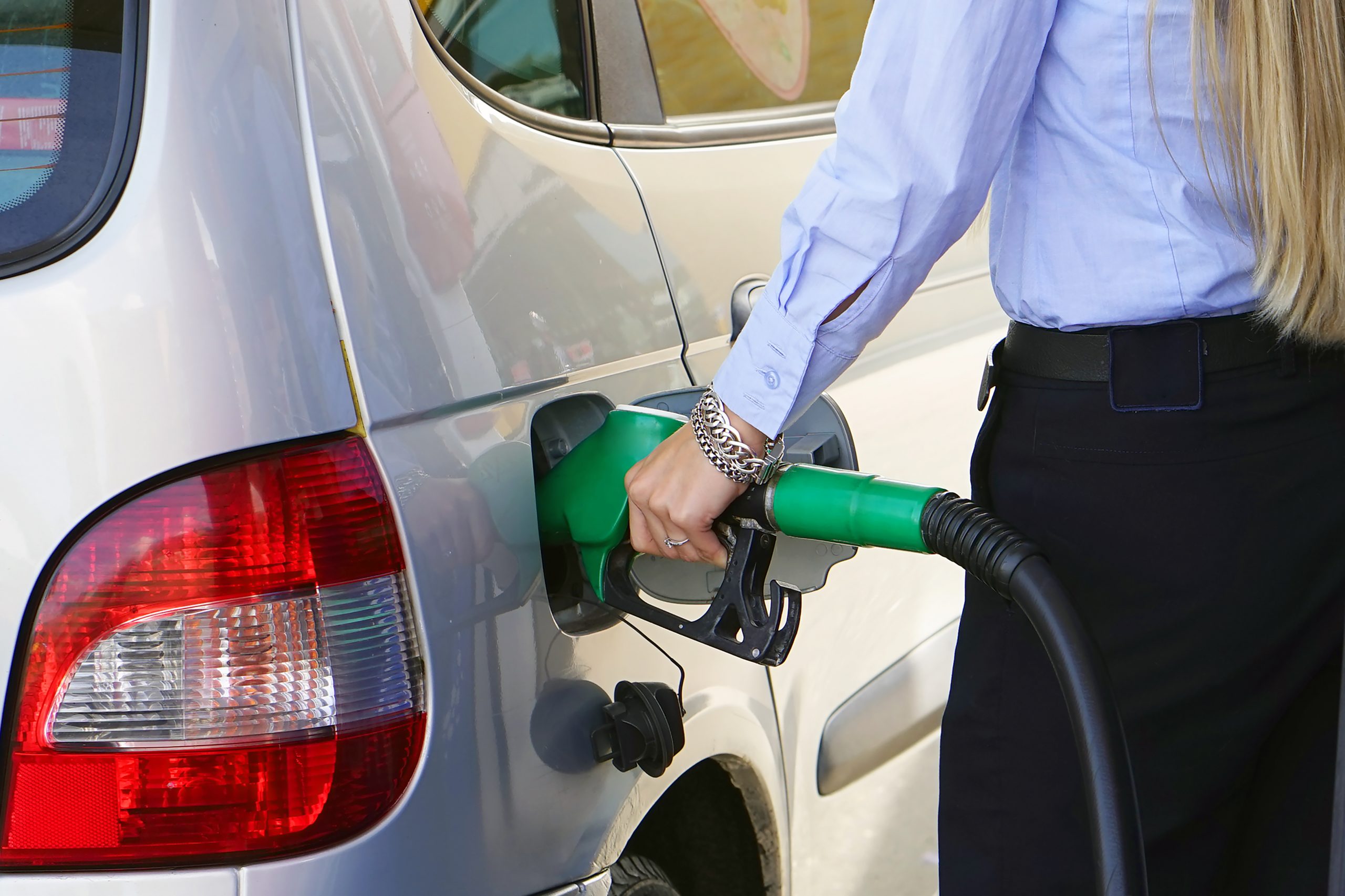Just a few months back, Petaluma in Sonoma County outlawed the construction of new gas stations, the first city in the nation to do so. Anyone who thought such an extreme measure would end there was being naive. Rather than a one-off event, the Petaluma City Council’s unanimous vote to change the zoning code became the model for others to follow.
And follow they did.
Less than a week after the Petaluma vote, Motor Trend reported that “one North Bay grassroots group leading the charge against new fossil fuel infrastructure in Sonoma County, the Coalition Opposing New Gas Stations (CONG), has managed to block the opening of three new stations.”
By August, according to Vice, other Sonoma cities had joined forces “to follow in Petaluma’s footsteps.” Using “the Sonoma County Regional Climate Protection Authority” – a coalition of elected officials representing the nine Sonoma cities and the county itself that exists to write regional climate-related law – “Petaluma’s neighbors are aiming to craft language for a single gas station ban that’s replicable in each jurisdiction across the region.”
While the legislation remains unfinished, and will eventually require the attention of attorneys, it “has widespread support and will come to a vote in September,” adds Vice. Needless to say, the ban cannot be questioned, because it’s being produced in the “service of the county’s broader goal to be carbon neutral by 2030.”
Certainly there’s little questioning in the media coverage. Reports treat the prohibitionists as selfless activists, forward-looking idealists, the smart set leading California – and the world – to a better future. And they likely think of themselves as such. But their policy pursuits aren’t consistent with improving lives.
For instance, limiting the options to buy gasoline raises prices. This won’t bother the wealthy in Sonoma County, where the median household income is more than $81,000 a year, almost $6,000 higher than the state median income. But it will hurt the residents who struggle financially, and the low-income workers from the outside who clean the wealthy’s homes, mow their grass, trim their trees, repair their plumbing, and take care of all the other tasks needed to keep houses neat and in working order.
“You’re creating an absolutely divided, racist society,” says Todd Royal, co-author of three books on energy.
If the prohibitionists believe that in limiting the availability of gasoline they’re cutting emissions because people will drive less, they’re deluding themselves. Putting a lid on new stations will actually increase emissions, says Royal, because motorists are forced to drive farther to fill up.
For all the good intentions of the activists who want to shut down gas stations, whose civic engagement “comes from a good place,” says Royal, they are nevertheless misguided. They might celebrate their success in outlawing new stations, but their efforts are meaningless on any scale.
“If the United States shut down and ceased to exist,” he says, “global emissions will still rise because India, China, and Africa” won’t stop using energy from fossil fuel sources.”
Nor should they. The Third World deserves a chance to develop.
“Just turning the lights on,” says German media outlet Deutsche Welle, citing a United Nations report as its source, “could lift nearly 600 million people out of the depths of poverty.”
More gas stations would help the poor, too, certainly in the Third World but in parts of California, as well.
Kerry Jackson is a fellow with the Center for California Reform at the Pacific Research Institute.

